World Premier by the Rural Advancement Foundation International (RAFI)
We often see economics simply in terms of supply and demand: the farmer who raises chickens, the consumer who buys buffalo chicken wings. But this filtered worldview also filters our thinking of how that chicken actually gets from a farm in Mississippi to a table in New York City. Because there is only supply and demand, we forget to remember the middlemen. However, it is often these middlemen that dictate many of the terms set on either side of the economic table. Perhaps a better name for this system is supply-chain-demand; this way we give credence to what happens (often unseen) in the middle.
Earlier this month, Odd’s Creek attended the world premier of Under Contract, which set out to expose the one-sided dictating of agriculture supply-chain. The film takes a first-person look at this through the experience of chicken farmers who grow 'on contract’ for one of three major 'integrators’. (‘Integrators’ are the major poultry companies including Pilgrims Pride, Tyson, and Perdue, and they're named so because they have vertically integrated their operations to include processing, distribution, and sales.) The punch line of the film is that these integrators have consolidated both vertically and horizontally to such an extent that the oligopoly can unilaterally dictate the terms of their supply-chain. Yet, most notably left out the vertical integration are the farmers or 'producers’, who, while controlled by the integrators, are left off the balance sheet because as any farmer knows - farming is a risky business.
While deeply probing the world of industrial chicken production through in-person interviews, the film did little more than convey a sense of hopelessness and warning. The overarching advice from the farmers was “don’t do it.” Integrators were presented as deceiving, contract-wielding entities that would promise the world to get the producers to sign on, then turn around and systematically drive the farmers out of business while lining their own coffers with higher profit margins. Conversely, the producers were presented as isolated and resourceless, where the only option was to sign on the dotted line.
When the lights came back up after the film ended, the most interesting part of the evening's premier began. The farmers, previously shown in the film on their farms throughout the South, now took the stage in New York City in front of the audience for a live Q&A session. While their answers reinforced what had been shown in the film, two central pieces of information emerged. This helped break down the why the integrators have such control over the producers, and why the chicken industry, in particular, has been easier to control than other agricultural sectors.
While the film did an excellent job of educating broadly, it lacked specificity in follow-up action.The film itself did not clearly present these ideas, but here they are, courtesy of the post-film Q&A.
Deconstructing: These four characteristics form the structure of control.
The cycle of debt that exceeds a critical threshold of business operations
This prevents the producers from ever getting out of debt and running a profitable business
High capital costs (required to keep contracts)
The integrators require the producers to make high-capital upgrades in their own infrastructure to maintain the contract
Controlled input costs
All input costs (chicks, feed, etc.) are set by the integrator
Controlled sales price
All sales prices are set by the integrator. Not only this, the producers are competed against each other such that even more risk is shifted to the farmers.
Warning: While the chicken industry is the canary in the coal mine, the same practices are starting to be seen in other agriculture sectors.
The combination of specialized equipment, low-cost birds, and a highly consolidated market has led to an extreme example of supply chain control.
What this says to me is that even small farms need to run like small businesses. And the first thing any small business needs is a good lawyer, followed by a CPA. While these might seem like expensive start-up costs, they will provide the expertise to prevent even greater expenses down the road.
Odd’s Creek Farm and organizations across the country are building an alternative to this industrialized, consolidated, global supply-chain by instead focusing on regional food systems, local ecology, and building community.
Together, we can have healthy farms and healthy food.

